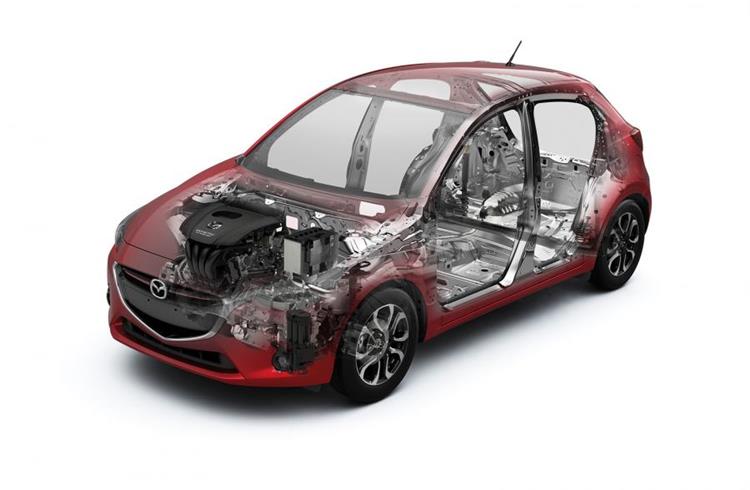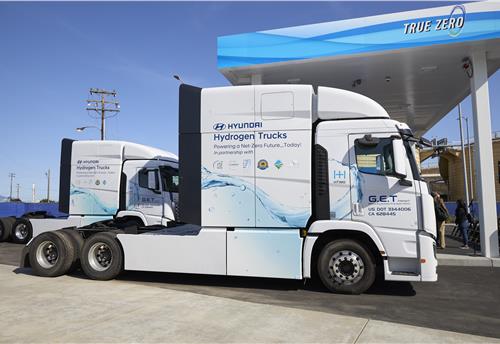Mazda targets big efficiency gains in its petrol engines
Mazda is aiming to lift the efficiency of its petrol engines by 50% by 2020, according to European research and development chief Kenichiro Saruwatari.
Mazda is aiming to lift the efficiency of its petrol engines by 50% by 2020, according to European research and development chief Kenichiro Saruwatari.
The current efficiency of its petrol engines is a competitive 40%, but it hopes to reach 60% in the next five years.
It hopes to do this by developing its homogeneous charge compression ignition technology (HCCI), in which the mixture is ignited by compression rather than a spark, like a diesel.
That will involve raising the compression ratio from about 14.0:1 today to 18.0:1 and achieving very precise control of the combustion process to avoid knock. The aim is to combine the cleaner emissions of a petrol engine with the efficiency of a diesel.
As part of its Skyactiv efficiency programme, Mazda is also investigating scope for reducing heat lost through the exhaust system, which typically loses about 30% of the fuel’s energy. “We’re looking at several solutions but can’t say which yet,” said Saruwatari.
The company has been pursuing its current efficiency path since the development of the 2002 Mazda 6, which was “generation one of the roadmap”, Saruwatari said.He said the next CX-5 crossover will be the first of the seventh generation. “The main direction of Skyactiv has not changed,” he added, “although we sometimes find new technologies and materials that produce a step change.”
Mazda recently announced a partnership with Toyota that could result in a plug-in hybrid model, but it has said its petrol cars could ultimately match EVs for well-to-wheel efficiency. This could mean average well-to-wheel CO2 emissions of about 80g/km for an unspecified ‘average’ model equipped with a Skyactiv Generation 2 engine.
The third generation of Skyactiv engines could take this even further. Mazda has previously spoken of average well-to-wheel emissions as low as 50g/km, although it has not set a date for this.
RELATED ARTICLES
Hyundai begins supplies of hydrogen fuel cell trucks in North America
Hyundai Motor Company, which has been actively working with partners to build a hydrogen value chain in North America, s...
ZF Foxconn Chassis Modules plots speedy growth with top tier customers
ZF Foxconn Chassis Modules, which supplies global premium and volume manufacturers and is represented at 25 locations wo...
Visteon opens high-tech automotive testing lab in Bulgaria
The facility, which is equipped with cutting-edge technology and houses over 70 highly skilled engineers, expands the co...





 16 Jun 2015
16 Jun 2015
 2035 Views
2035 Views





 Autocar Pro News Desk
Autocar Pro News Desk




